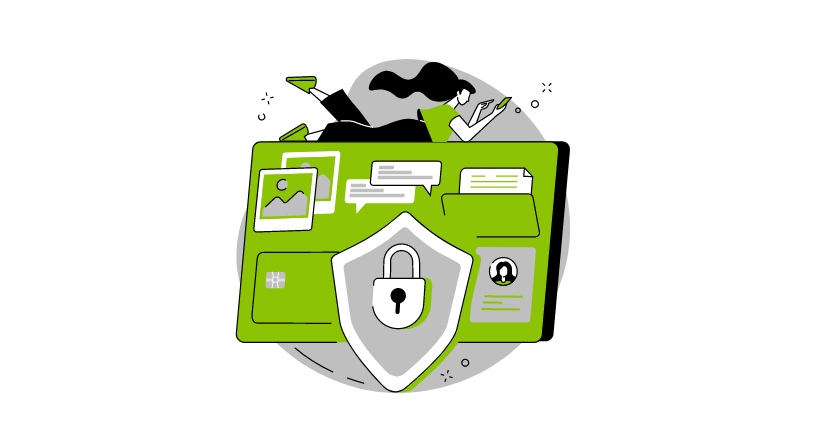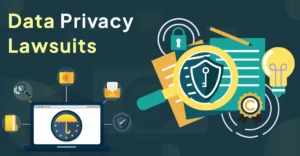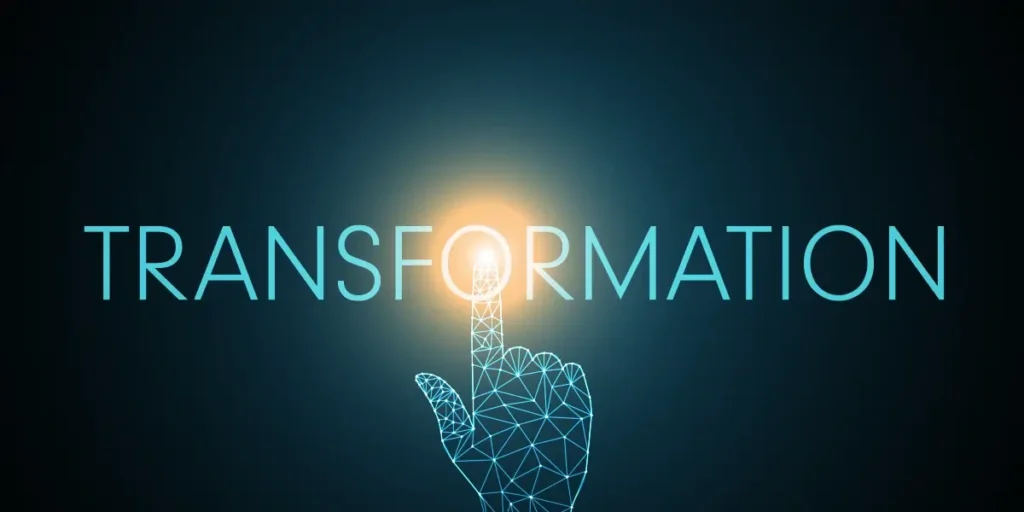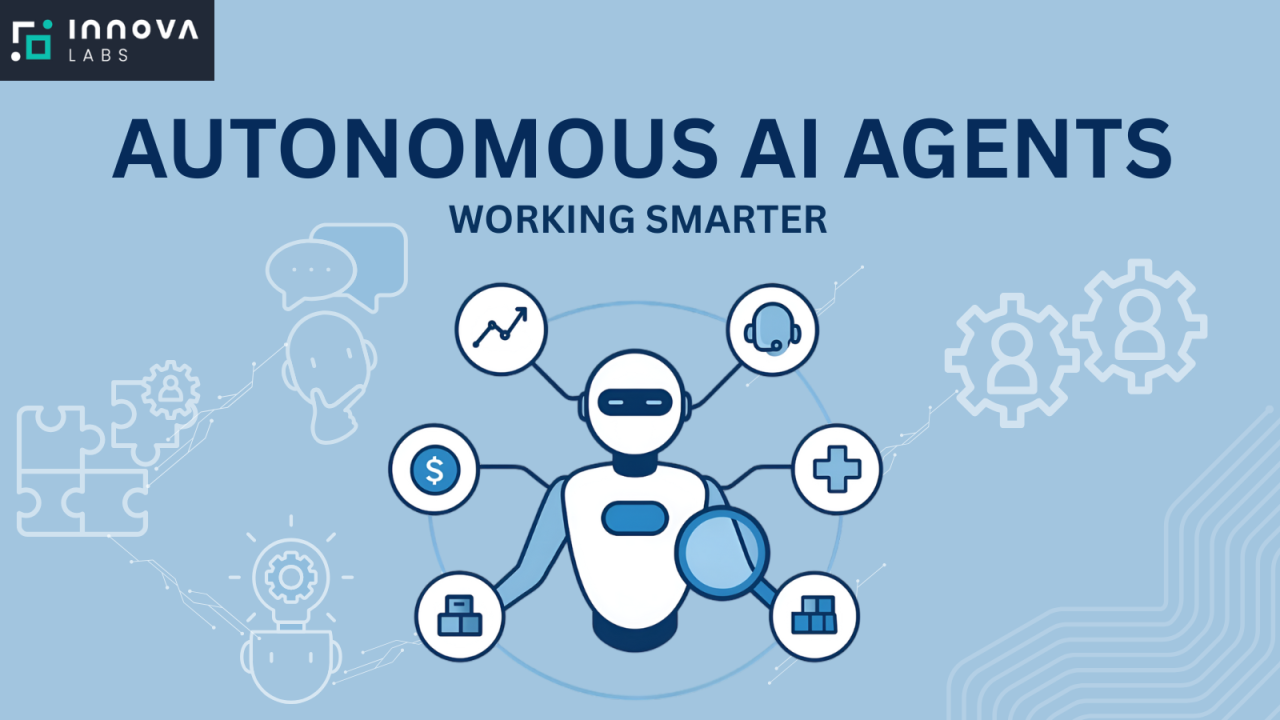Privacy Lawsuit: Navigating the Legal Battles Over Data in the Digital Age
Introduction
In the era of digital transformation, where personal information has become the new currency, privacy lawsuits are rapidly gaining global attention. Every click, swipe, and online purchase generates data that companies eagerly collect, analyze, and sometimes misuse. With growing concerns over surveillance, identity theft, and corporate overreach, privacy lawsuits are emerging as a powerful tool to hold organizations accountable.
From tech giants like Facebook, Google, and Amazon facing lawsuits for mishandling user data, to governments enacting stricter privacy laws such as the GDPR (General Data Protection Regulation) in Europe and CCPA (California Consumer Privacy Act) in the United States, the legal landscape around privacy is evolving at breakneck speed. These lawsuits not only determine financial liabilities but also shape the future of digital ethics, consumer trust, and corporate governance.
This article explores the phenomenon of privacy lawsuits in depth — what they are, their historical context, landmark cases, regulatory impact, challenges, and what the future might hold for businesses and individuals alike.
What is a Privacy Lawsuit?
A privacy lawsuit refers to legal action taken against an entity — usually a corporation, government body, or even an individual — for allegedly violating someone’s right to privacy. These cases often involve:
-
Unauthorized data collection or surveillance
-
Improper use of personal information
-
Failure to secure sensitive data (data breaches)
-
Sale of consumer data without consent
-
Violation of digital privacy rights under laws like GDPR or CCPA
Privacy lawsuits can be civil (filed by individuals or groups seeking compensation) or regulatory (initiated by government agencies imposing penalties).
The Evolution of Privacy and Legal Battles
The concept of privacy as a legal right is relatively modern. In the 1890s, U.S. scholars Samuel Warren and Louis Brandeis published a famous paper titled “The Right to Privacy,” laying the foundation for legal protections against intrusion.
Fast forward to the 21st century, privacy has expanded from protection against paparazzi and unwanted publicity to safeguarding digital identities, biometric data, online behavior, and communication records.
Key Historical Milestones:
-
1974 – U.S. Privacy Act: Regulated government data collection.
-
1980 – OECD Privacy Guidelines: First global framework for data protection.
-
1995 – EU Data Protection Directive: Early step toward GDPR.
-
2018 – GDPR enacted: Landmark law reshaping global privacy standards.
-
2020 – CCPA enforced: Strengthened U.S. consumer privacy rights.
Landmark Privacy Lawsuits
Several high-profile lawsuits have defined the contours of privacy law. Let’s examine some of the most influential cases:
1. Facebook–Cambridge Analytica Scandal (2018)
-
Over 87 million users’ data was harvested without consent.
-
Led to multiple lawsuits and a $5 billion fine by the U.S. Federal Trade Commission (FTC).
-
Sparked global debate on consent and ethical use of personal data.
2. Google Location Tracking Lawsuit (2022)
-
Google faced lawsuits for misleading users about location-tracking features.
-
Resulted in settlements worth hundreds of millions across different U.S. states.
3. Equifax Data Breach (2017)
-
Data of 147 million people exposed in a massive cybersecurity failure.
-
Settlement reached for $575 million — one of the largest in U.S. history.
4. Apple vs. FBI (2016)
-
Apple refused to unlock an iPhone linked to a criminal case, citing user privacy.
-
Sparked global debate on privacy vs. national security.
5. Schrems II (2020)
-
Landmark case in the EU where data transfer agreements with the U.S. were invalidated.
-
Highlighted international conflicts in data protection.
Types of Privacy Lawsuits
Privacy lawsuits typically fall into several categories:
-
Data Breach Lawsuits – Companies sued for failing to protect user information.
-
Misuse of Personal Data – Unauthorized sale or sharing of customer data.
-
Workplace Privacy Violations – Employee monitoring without consent.
-
Biometric Data Lawsuits – Companies collecting facial recognition or fingerprint data without disclosure.
-
Consumer Protection Cases – Misleading privacy policies or hidden surveillance.
The Role of Privacy Regulations
GDPR (General Data Protection Regulation)
-
Enforced in the EU since 2018.
-
Grants individuals the right to access, delete, and control their personal data.
-
Imposes hefty fines (up to 4% of annual global revenue) for violations.
CCPA (California Consumer Privacy Act)
-
Provides California residents with greater transparency and control over their personal data.
-
Inspired similar laws across other U.S. states.
Other Global Privacy Regulations
-
Brazil’s LGPD
-
India’s Digital Personal Data Protection Act (2023)
-
China’s Personal Information Protection Law (PIPL)
These laws are not just regulatory hurdles but also frameworks empowering individuals to pursue privacy lawsuits against non-compliant organizations.
Why Privacy Lawsuits Are Rising
Several factors contribute to the increasing wave of privacy lawsuits worldwide:
-
Explosion of data-driven business models (social media, e-commerce, fintech).
-
Growing awareness among consumers about their digital rights.
-
Rise of class-action lawsuits representing large groups of victims.
-
International conflicts over cross-border data transfers.
-
Frequent data breaches due to weak cybersecurity practices.
Challenges in Privacy Lawsuits
While privacy lawsuits are essential for accountability, they face multiple challenges:
-
Complex Jurisdiction – Digital data often flows across borders, complicating legal frameworks.
-
Ambiguous Consent – Many users agree to terms of service without fully understanding implications.
-
Power Imbalance – Tech giants have massive legal resources compared to individuals.
-
Rapidly Changing Technology – Laws often lag behind innovation (AI, IoT, biometrics).
-
Proving Damages – Establishing financial or emotional harm can be difficult.
Impact of Privacy Lawsuits on Businesses
Privacy lawsuits have far-reaching consequences for corporations:
-
Financial Penalties – Multi-billion-dollar settlements.
-
Reputation Damage – Loss of consumer trust.
-
Operational Changes – Companies must redesign data-handling practices.
-
Increased Compliance Costs – Investments in cybersecurity, legal teams, and policy reforms.
-
Innovation Shifts – Startups focusing on “privacy-first” technology solutions.
Privacy Lawsuits and Consumer Rights
For consumers, privacy lawsuits are more than financial settlements. They represent:
-
Empowerment – Ability to hold corporations accountable.
-
Transparency – Clearer understanding of how data is used.
-
Safety – Stronger safeguards against identity theft and fraud.
-
Ethical Responsibility – Encouraging companies to prioritize user welfare over profits.
The Future of Privacy Lawsuits
The frequency and scope of privacy lawsuits are expected to grow in the coming decade. Key trends include:
-
AI and Biometric Privacy Cases – Concerns over facial recognition, voice data, and generative AI tools.
-
Cross-Border Data Battles – Conflicts between U.S., EU, and Asian regulations.
-
Increased Role of Class Actions – Collective lawsuits becoming more common.
-
Privacy-Tech Solutions – Companies adopting advanced encryption, blockchain, and decentralized identity systems.
-
Corporate Accountability – Boards treating privacy as a strategic risk rather than just a compliance issue.
Conclusion
Privacy lawsuits stand at the crossroads of technology, law, and human rights. As digital ecosystems expand, the tension between corporate profit motives and consumer rights intensifies. These lawsuits are not just legal showdowns; they are shaping the future of how personal data is collected, stored, and used.
For businesses, the message is clear: privacy is no longer optional. For individuals, the rise of privacy lawsuits represents a reclaiming of power in the digital age.
The road ahead will involve continuous litigation, evolving regulations, and shifting ethical boundaries. One thing, however, remains certain — in the age of big data, privacy lawsuits are becoming one of the most important legal battlegrounds of our time.
Increased Capabilities: Unlocking Human and Technological Potential in the 21st Century







